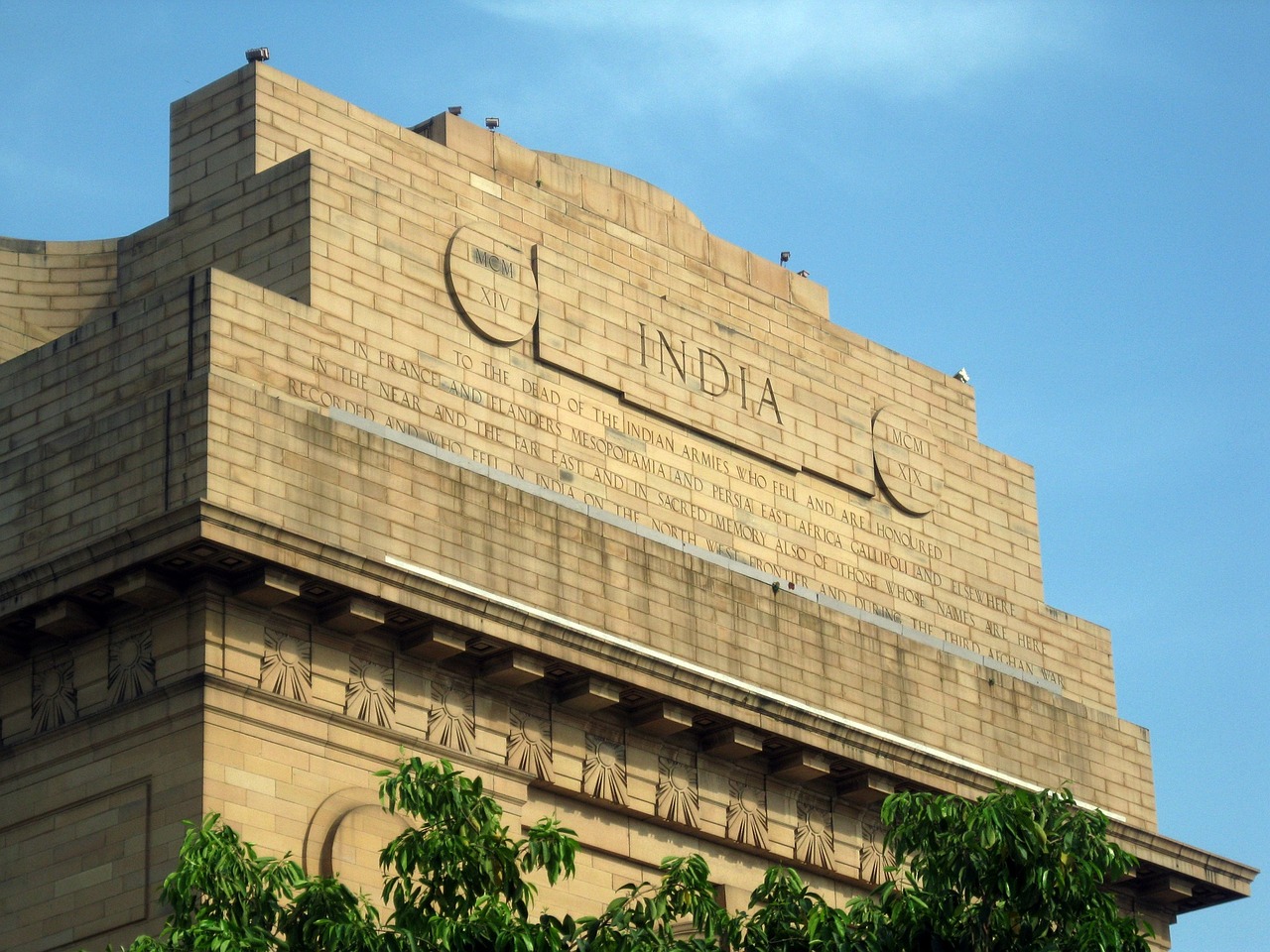The Role of Political Science in Election Analysis
Political science plays a crucial role in unravelling the intricate web of factors that shape voter behavior. By delving into the realm of political ideology, social context, and personal beliefs, political scientists can offer valuable insights into why individuals make specific choices at the ballot box. Through rigorous analysis and research, the discipline allows us to decipher the underlying motivations and influences that drive voters to support certain candidates or policies.
Moreover, political science equips us with the tools to comprehend the impact of various political events and phenomena on voter behavior. By studying trends in public opinion, analyzing voter turnout patterns, and exploring the dynamics of political campaigns, scholars in this field can paint a comprehensive picture of how and why voters make their decisions during elections. This knowledge not only aids in predicting electoral outcomes but also sheds light on the evolving nature of democracy and citizen engagement in the political process.
The Influence of Political Campaign Strategies on Election Outcomes
Political campaign strategies play a crucial role in shaping election outcomes by influencing the perception of candidates among voters. The way political candidates deploy their resources, craft their messages, and engage with the electorate can significantly impact the final results of an election. Effective campaign strategies can help candidates connect with voters on a personal level, convey their policy positions clearly, and mobilize support from key demographics.
Moreover, the timing and effectiveness of campaign tactics, such as media advertising, public appearances, and social media engagement, can sway undecided voters and solidify support from existing followers. A well-thought-out campaign strategy that resonates with the concerns and values of the electorate can not only attract new supporters but also persuade undecided voters to lean towards the candidate. Conversely, a poorly executed campaign strategy that fails to address the needs and expectations of the electorate may lead to a lack of enthusiasm among voters and ultimately impact the election outcome.
Effective campaign strategies can help candidates connect with voters on a personal level
Craft messages that convey policy positions clearly
Mobilize support from key demographics
Timing and effectiveness of campaign tactics, such as media advertising, public appearances, and social media engagement, can sway undecided voters
Well-thought-out campaign strategy that resonates with concerns and values of the electorate can attract new supporters
Analyzing the Impact of Media Coverage on Political Campaigns
Media coverage plays a crucial role in shaping the public perception of political campaigns. The way in which candidates are portrayed in the media can greatly influence how voters view them and their policies. Coverage that is biased or sensationalized can sway opinions and impact the outcome of elections.
Furthermore, the amount of media attention a candidate receives can also affect their chances of success. Candidates who are consistently in the spotlight and have their message widely disseminated through various media channels are more likely to reach a larger audience and garner support. On the other hand, candidates who receive limited media coverage may struggle to connect with voters and convey their platform effectively.
How does media coverage impact political campaigns?
Media coverage plays a significant role in shaping public perception of political candidates and their platforms. Positive or negative coverage can influence voter opinions, turnout, and ultimately, election outcomes.
Why is it important to analyze the impact of media coverage on political campaigns?
Understanding how media coverage affects political campaigns is crucial for candidates, political parties, and voters. By analyzing this impact, stakeholders can tailor their strategies to reach and connect with voters effectively.
What role does political science play in understanding voter behavior?
Political science provides valuable insights into voter behavior, including factors such as ideology, demographics, and media consumption habits. By studying these patterns, researchers can better predict and explain voter decisions in elections.
How do political campaign strategies influence election outcomes?
Political campaign strategies, such as advertising, messaging, and grassroots mobilization, can sway voter opinions and turnout. Effective strategies that resonate with voters can lead to electoral success for candidates and parties.







